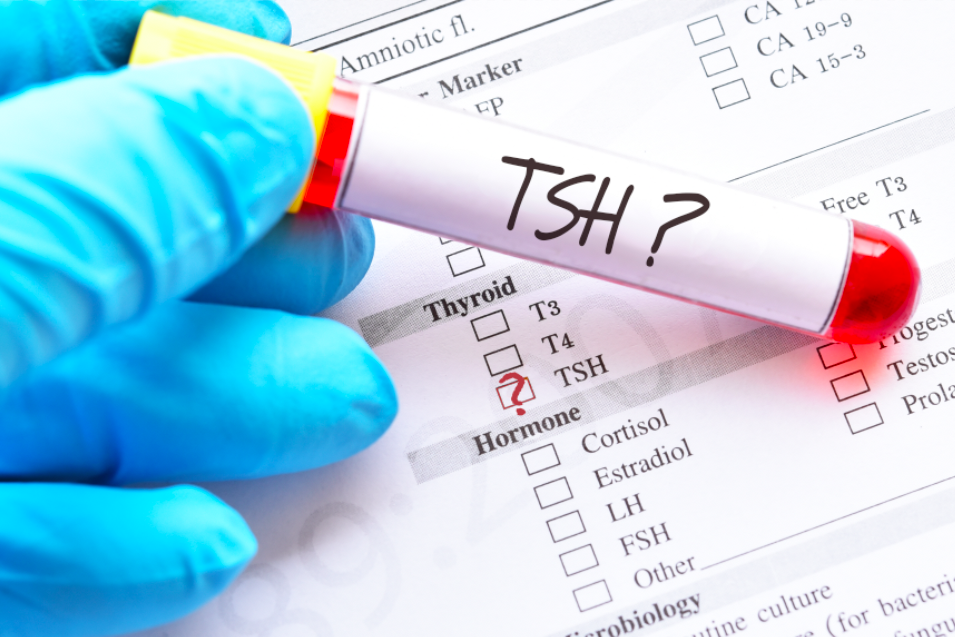For primary care providers who order routine TSH in asymptomatic patients, a new guideline from the Canadian Task Force on Preventive Health Care on screening for thyroid dysfunction in adults without symptoms or risk factors may change clinical practice.
The guideline, published in CMAJ, was based on a systematic review of the latest evidence that found no benefit of routine screening for thyroid dysfunction in this group but did identify harms. Given the lack of benefit to patients, and harms such as the need to take medication unnecessarily, have regular medical visits and follow-up blood tests to check TSH levels, the Task Force strongly recommends against routine TSH screening in asymptomatic nonpregnant adults.
“If you are a clinician who orders TSH tests as part of preventive health visits, we would like you to reconsider this practice. The evidence isn’t there to suggest a health benefit for this type of screening as a routine part of care,” says Dr. Richard Birtwhistle, Emeritus professor of Family Medicine and Public Health Sciences at Queen’s University and Chair of the Task Force Thyroid Dysfunction working group.
Who is exempt from this recommendation?
The guideline does not apply to
Patients with symptoms of thyroid dysfunction, such as:
- unusual fatigue
- sensitivity to cold or heat
- hair loss
- irregular heart beat
- unexpected weight loss or gain
- tremor
Risk factors for thyroid dysfunction:
- head or neck radiation
- exposure to medications that may affect thyroid function (e.g. amiodarone or lithium)
- previously diagnosed thyroid disease or thyroid surgery
- pituitary or hypothalamic diseases
Continued vigilance
Clinicians should be aware of symptoms, signs, and conditions associated with thyroid dysfunction so that these patients can be tested, particularly symptomatic postmenopausal women, given the higher prevalence of hypothyroidism in that population.
Alignment with other guidelines
The British Columbia Ministry of Health and Toward Optimized Practice from Alberta recommend against testing for TSH in asymptomatic patients.
Endorsements
The College of Family Physicians of Canada, Nurse Practitioner Association of Canada and The Canadian Society of Endocrinology and Metabolism have endorsed the guideline.
Related materials
- Podcast – CMAJ Editor-in-Chief Dr. Andreas Laupacis interviews Dr. Richard Birtwhistle, Emeritus professor of Family Medicine and Public Health Sciences at Queen’s University and Chair, Thyroid Guideline Working Group
- Clinician FAQ
- Infographic
- Systematic review

